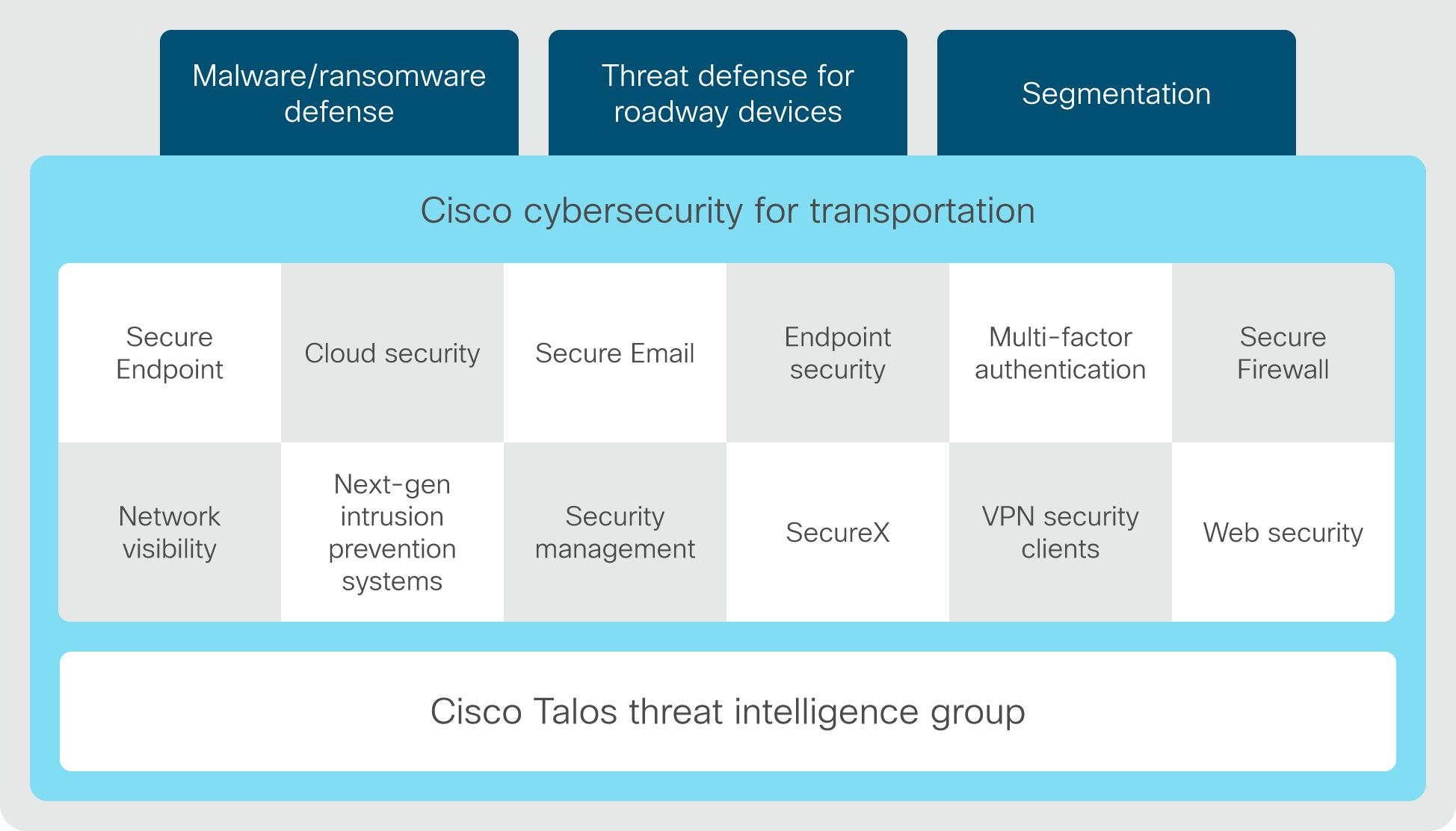

- Webex risk engine software#
- Webex risk engine code#
Firepower Threat Defense (FTD) software, and more.įor more details about those, you can check out the specific advisories.Ĭisco is not aware of any public announcements or malicious use of the vulnerabilities fixed in this batch of updates.Ĭisco has updated two of the SD-WAN security advisories (for CVE-2019-1651 and CVE-2019-1647) to let customers know the fixed software has already been deployed by Cisco for those vulnerabilities. (The vulnerabilities were reported by RedTeam Pentesting GmbH – the company published separate advisories with PoC code.) Small Business RV320 and RV325 Dual Gigabit WAN VPN routers. Webex risk engine code#
(All of them can be exploited by tricking a target into opening a maliciously crafted link or file, and two may allow an attacker to execute arbitrary code on an affected system.)
The Webex Teams client, the Webex Network Recording Player and Webex Player for Windows, and the Webex Meetings Server. In this batch of updates, Cisco has provided fixes for vulnerabilities in: Customers can and should download and apply those provided security updates. They have to get in touch with their Cisco support contact to ensure the deployment of the software fix.Īdditional high risk privilege escalation and file overwrite vulnerabilities (CVE-2019-1646, CVE-2019-1648, CVE-2019-1650) affect a variety of Cisco products running a release of the Cisco SD-WAN Solution prior to 18.4.0. 
The most critical among the flaws fixed are a buffer overflow vulnerability ( CVE-2019-1651) and a high risk unauthorized access flaw ( CVE-2019-1647) affecting any Cisco vSmart Controller Software versions running a release of the Cisco SD-WAN Solution prior to 18.4.0.ĬVE-2019-1651 could be exploited by sending a malicious file to an affected vContainer instance of the Cisco SD-WAN solution to trigger a DoS condition that could be used to execute arbitrary code as the root user.ĬVE-2019-1647 can be misused by an attacker to directly connect to the exposed services, have direct unauthorized access to vSmart containers, and to retrieve and modify critical system files.Ĭustomers can’t download and deploy software to plug those holes, as they affect only the Cisco-hosted vContainer for the Cisco SD-WAN Solution.

Cisco has fixed a heap of security holes in a variety of its products, including a critical one affecting its SD-WAN Solution.







 0 kommentar(er)
0 kommentar(er)
